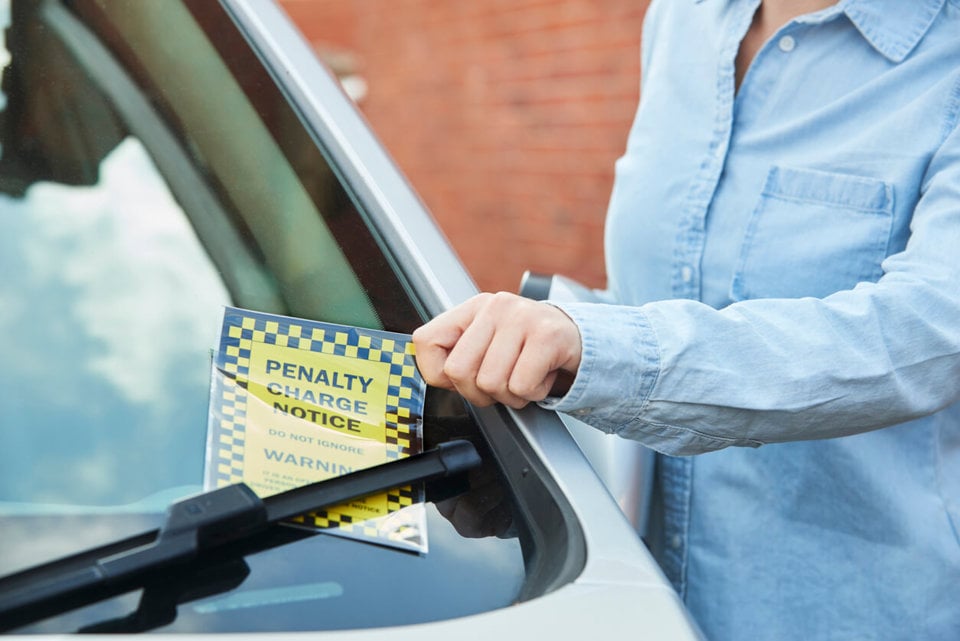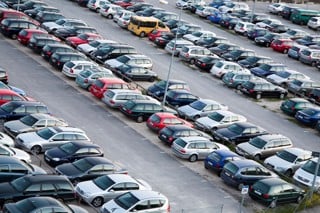Fleet decision-makers are being encouraged to highlight the issues they face with fines from private parking companies in a new Government consultation.
It is seeking views on a new Private Parking Code of Practice, which was launched last week and aims to create a fairer, more transparent system.
To better support drivers, a new rule is being considered that would uphold appeals where motorists had no reasonable choice but to breach parking terms.
It is also seeking views on retaining the current industry cap for parking charges of £100, with a 40% discount where the charge is paid within 14 days.
Furthermore, the private parking consultation aims to determine whether the debt recovery fee cap, which is currently £70, should be in place, and if so, what the level of that cap should be.
This week, the Association of Fleet Professionals (AFP) ran a webinar on the growing issue of parking fines and members were encouraged to respond to the review on a new private parking code of practice.
AFP board member Julie Summerell, who chaired the webinar, explained that more than half of all fines handled by fleets were related to private parking and there was a general perception that appeals were increasingly being dismissed by parking operators.
“Dealing with private parking fines is one of the biggest complaints heard across the AFP,” she said. “They have been growing quickly in number and some parking companies are becoming less and less flexible when it comes to everything from queries to appeals, so any opportunity for positive change – such as this new consultation – should be welcomed.”
Panellist Shona Harper, general operations manager at fleet administrative services specialist, Safo Group, told the meeting: “The Government is looking at private parking charges, because they are at a record high and the consultation document explicitly states its purpose is to raise standards across the private parking industry and protect motorists from poor practices by some operators.
“Fleets should certainly make sure that they have their say in this respect, detailing the many difficult issues that they face, often on a daily basis.”
Chris Beaumont, strategic account director at Ayvens, who also took part in the webinar, added: “A key part of the consultation is to improve the appeals process so that it can be better understood by drivers and fleets, including a suggestion to uphold any appeal where the motorist can prove they had no choice but to breach parking terms and conditions.
“A further important proposal is the creation of an industrywide scrutiny and oversight board, which would examine data on parking fines and offer resulting recommendations to the government based on their findings. This strikes us as an area where fleets might especially want to seek representation.”
Summerell said that the AFP was keen for fleets to make their voices heard as part of the consultation process in order to help reduce the administrative burden and rising costs they faced from parking fines.
She continued: “The consultation document shows DVLA vehicle keeper data requests made by parking companies increased from 1.9 million in 2012 to 12.8 million in 2024, which provides some indication of the growth that has been seen and the increasing amount of work that parking fines are creating for fleets.
“It does very much feel as though change is needed and we’d urge fleets to share their experiences with the government, especially their views on ideas such as a standardised appeals process, caps on charges, clearer signage and a single independent appeals body.”
The private parking consultation is open until September 5, 2025.






















Login to comment
Comments
No comments have been made yet.